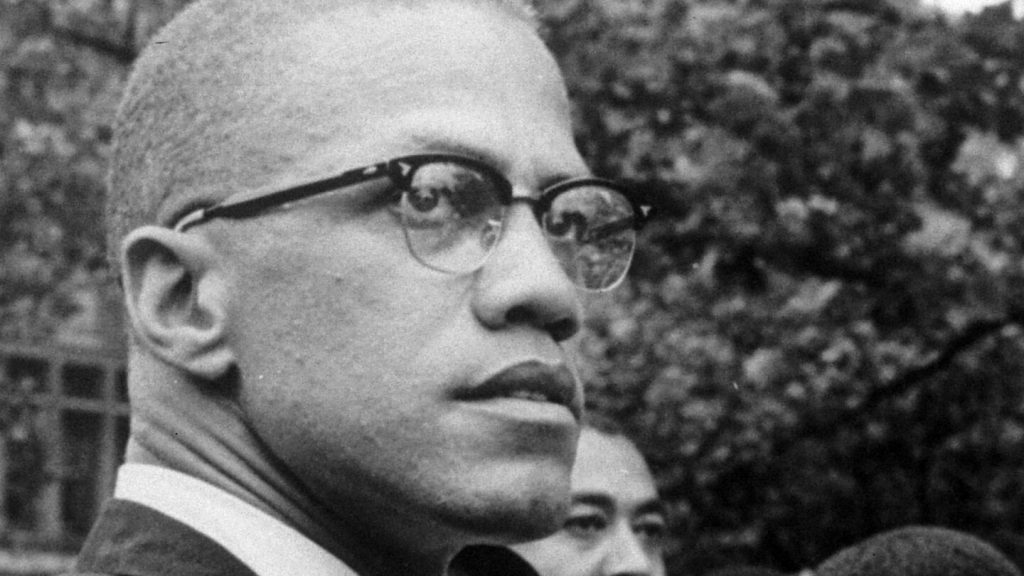The Nebraska Legislature recently passed a bill to recognize civil rights icon Malcolm X every May 19, the day he was born in Omaha in 1925. This recognition comes after years of rejection due to concerns about his controversial reputation. Although the bill does not declare the day a state holiday – mainly due to the projected cost of more than $500,000 a year for holiday pay for state workers – it does allow Nebraska schools to hold exercises to honor Malcolm X. The bill was introduced by Omaha Sen. Terrell McKinney, one of two Black members of the Nebraska Legislature.
This year, a ceremony will be held in May to observe Malcolm X’s induction into the Nebraska Hall of Fame. A bronze bust created by Lincoln artist Nathan Murray will be unveiled during the ceremony and displayed alongside other inductees in the Nebraska State Capitol. McKinney, in advocating for the recognition of Malcolm X, emphasized the need to highlight his achievements and contributions in order to dispel the stigma surrounding him. Malcolm X was selected as the newest inductee into the Nebraska Hall of Fame last year, making him the state’s first Black honoree, 15 years after being rejected as too controversial.
Born Malcolm Little, the son of a Baptist preacher, Malcolm X faced threats from the Ku Klux Klan at a young age, prompting his family to relocate to Milwaukee. After being convicted of burglary in Boston at the age of 20, he converted to Islam and changed his name. He became a prominent Nation of Islam minister, advocating for Black empowerment and denouncing white oppression “by any means necessary.” He later distanced himself from the Nation of Islam and renounced racial separatism. Malcolm X was assassinated during a speaking engagement at Manhattan’s Audubon Ballroom by gunmen. Despite his influential role in the civil rights movement, he was initially passed over for the Nebraska Hall of Fame in favor of other individuals.
In 2004, Malcolm X was first nominated for the Nebraska Hall of Fame but was ultimately not selected by a commission of white men who chose a different honoree. Subsequent nominations in 2007 also did not result in his induction, with lesser-known figures being chosen instead. The decision to finally recognize Malcolm X in the Hall of Fame and establish an annual day of recognition for him reflects a shift in attitudes towards his legacy and contributions to the civil rights movement. Nebraska’s recognition of Malcolm X seeks to amplify his message of empowerment and liberation for marginalized communities, underscoring the ongoing importance of his activism and advocacy.


